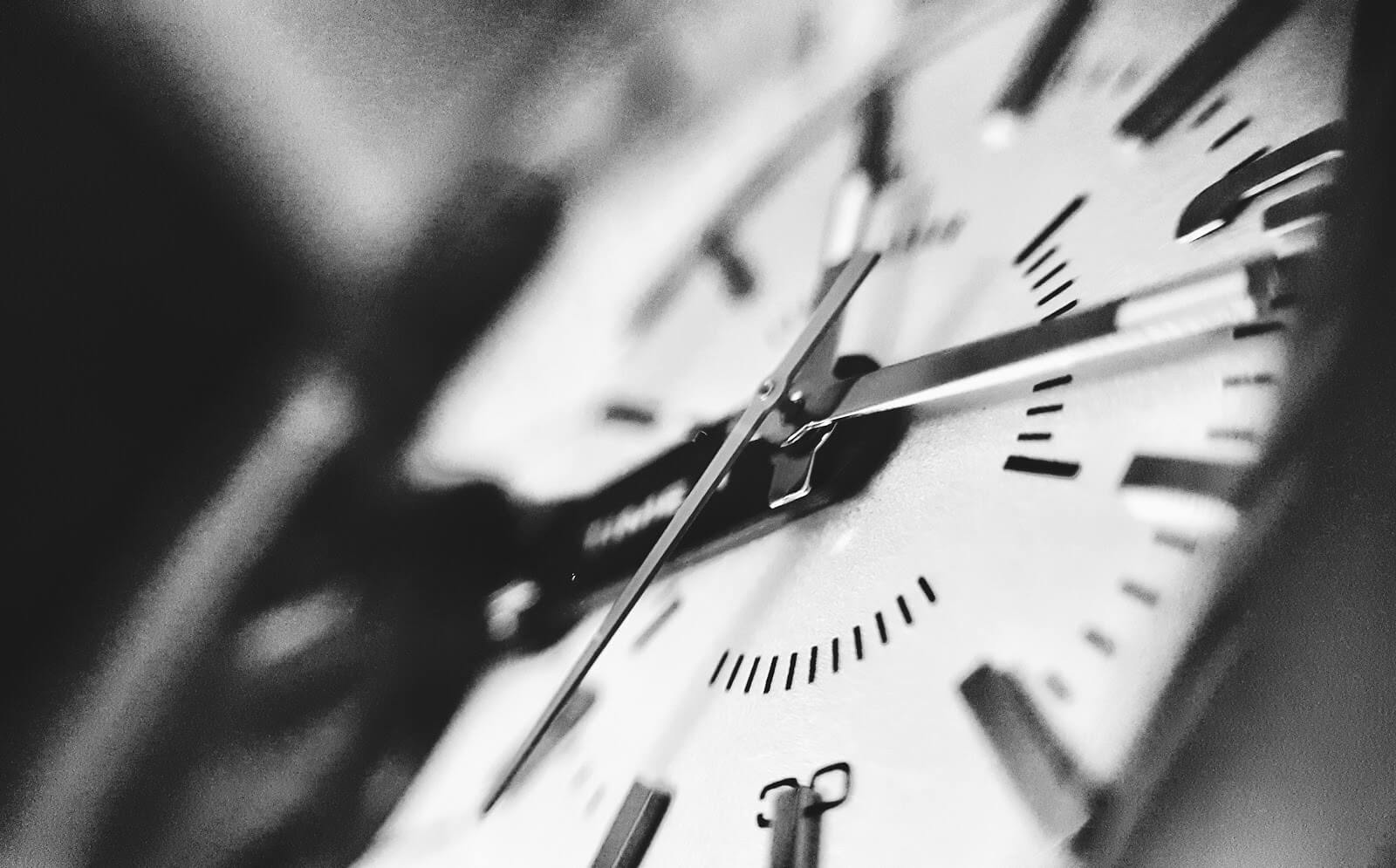The debate between quartz and mechanical watches is one that watch enthusiasts have bickered about for decades - should watches be completely absolute in their measurement of time, or are they simply a fashion accessory where ‘good’ is good enough?
Of course, cost, craftsmanship and prestige all have a part to play in widespread perception of the age-old ticker - but what really are the differences? Is quartz really so different to a wind-up mechanical? Or are they all one in the same?
At their most basic description, a mechanical movement is one that relies on many moving parts in order for the watch to function - often these parts are tiny, and there can be hundreds of them in an intricate design. On the opposite side of the spectrum, a quartz movement need only be powered by a battery (one that will inevitably die, and need replacing). To the naked eye, one can identify the difference by looking closely at the second-hand of the watch - in a mechanical movement, the sweeping motion is a smooth glide, but in a quartz, it presents more as a traditional ‘tick-tocking’. Let’s unpack them both in more detail:
Quartz
For quartz watches, we undoubtedly have Seiko to thank. With the introduction of the Astron back in 1969, it was the first watch that powered the device purely through battery power, not a hairspring or balance wheel. But how does the battery work? Put simply - through electrical currents, sent through a small quartz crystal that vibrate at almost 33k times per second, driving the motor to move the watch hands. The reason for the lower price tag to traditional watch types is simple. Less parts, less time to build those parts and much less time to put them together. But whether this makes the watch any less reliable is highly debatable - in fact, through research conducted by the Horological Journal, “even the humblest of quartz wristwatch can maintain time accurate to within less than one second per day with the aid of inhibition compensation.” They went on to conclude that: “due to the surprisingly good stability of 32 kHz quartz crystal oscillators, the accuracy of quartz wristwatches can be expected to change by only a small amount over time.”So, for those looking for a low-maintenance watch, and happy to pay for the battery to be replaced every two to three years - a quartz may be just the ticker… ticket.

Mechanical
A mechanical watch is a watch that uses mechanics to measure the passage of time - usually powered by a spring mechanism.
If we’re living in a world where everything is powered by a battery (and working just fine doing so!), why would anyone opt for a mechanical, manual watch instead? Are those watches old, less reliable and more dated? And if this is the case, why the hefty price tag?The notion of watch royalty was introduced by the Swiss, and legacy watch brands like Rolex, TAG Heuer, Patek Philippe and Omega have done nothing to dampen or hinder that reputation. It is, in fact, a tag that these brands wear with honour. According to Hodinkee: “Rolex, Grand Seiko, and many other brands routinely publicise their accuracy and precision requirements; if you buy a Rolex today, you should expect it to be accurate to +2/-2 seconds per day, at most, full stop.”
So these brands, far from following the quartz trend, have capitalised on their detailed craftsmanship even further - and made the concept of mechanical more marketable.So, if you hear that these watches are too expensive, think of just how much ingenuity, R&D, and craftsmanship something running on stored energy takes. And although a watch is simply a time-telling instrument, ultimately the choice between quartz and mechanical is all a matter of personal preference.
ABOUT WATCH DIRECT:
Watch Direct is Australia’s number one watch website for brand new, high-quality designer watches. They’re exactly the same as those you would find in the shops, simply with a better price tag. A range of styles, brands and designs offer a perfect potential watch for every buyer - including Armani, Citizen, Tissot, Breitling and many more. Hurry, time is ticking!


